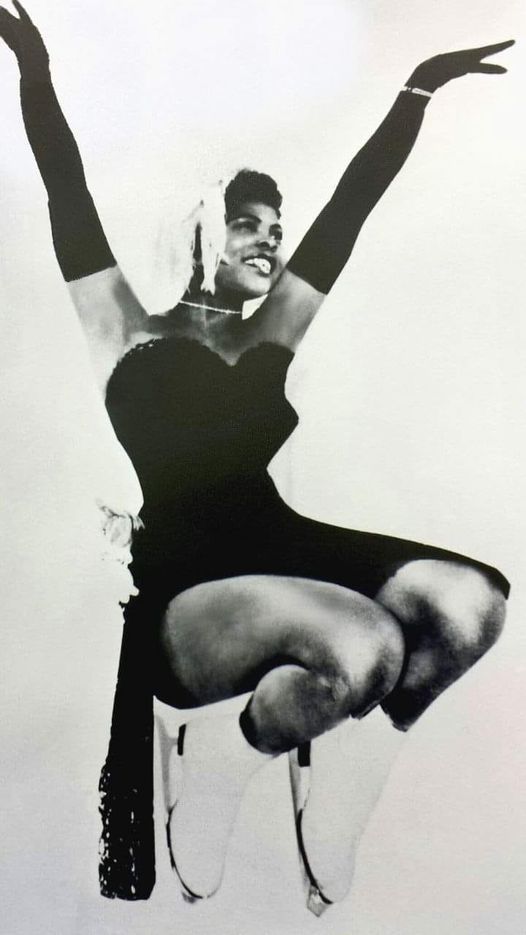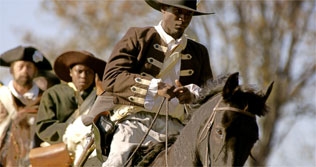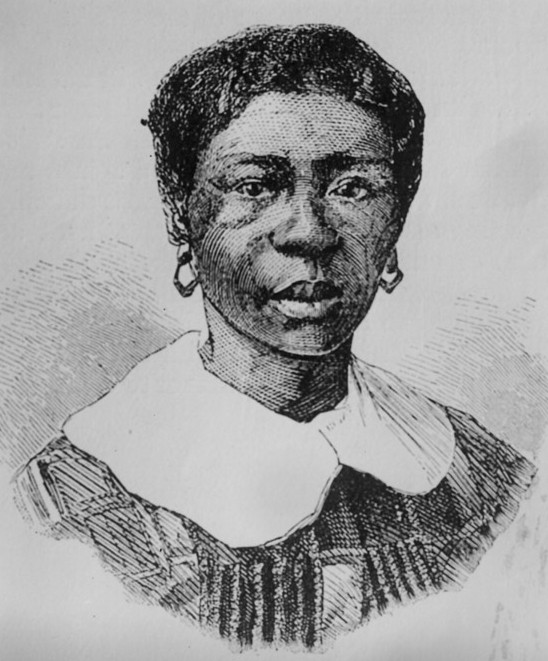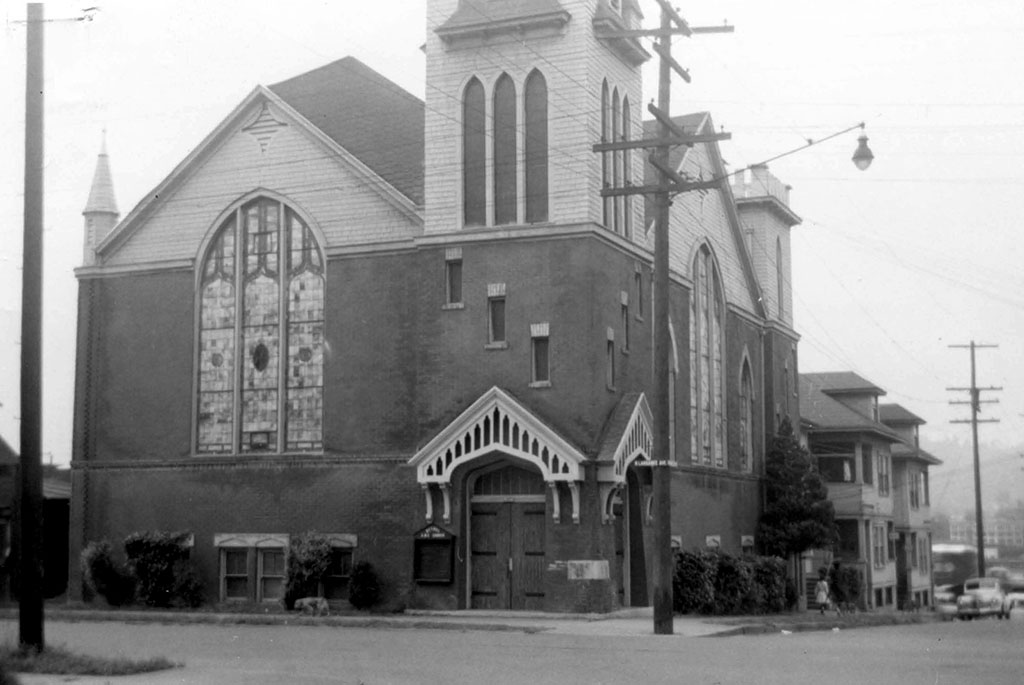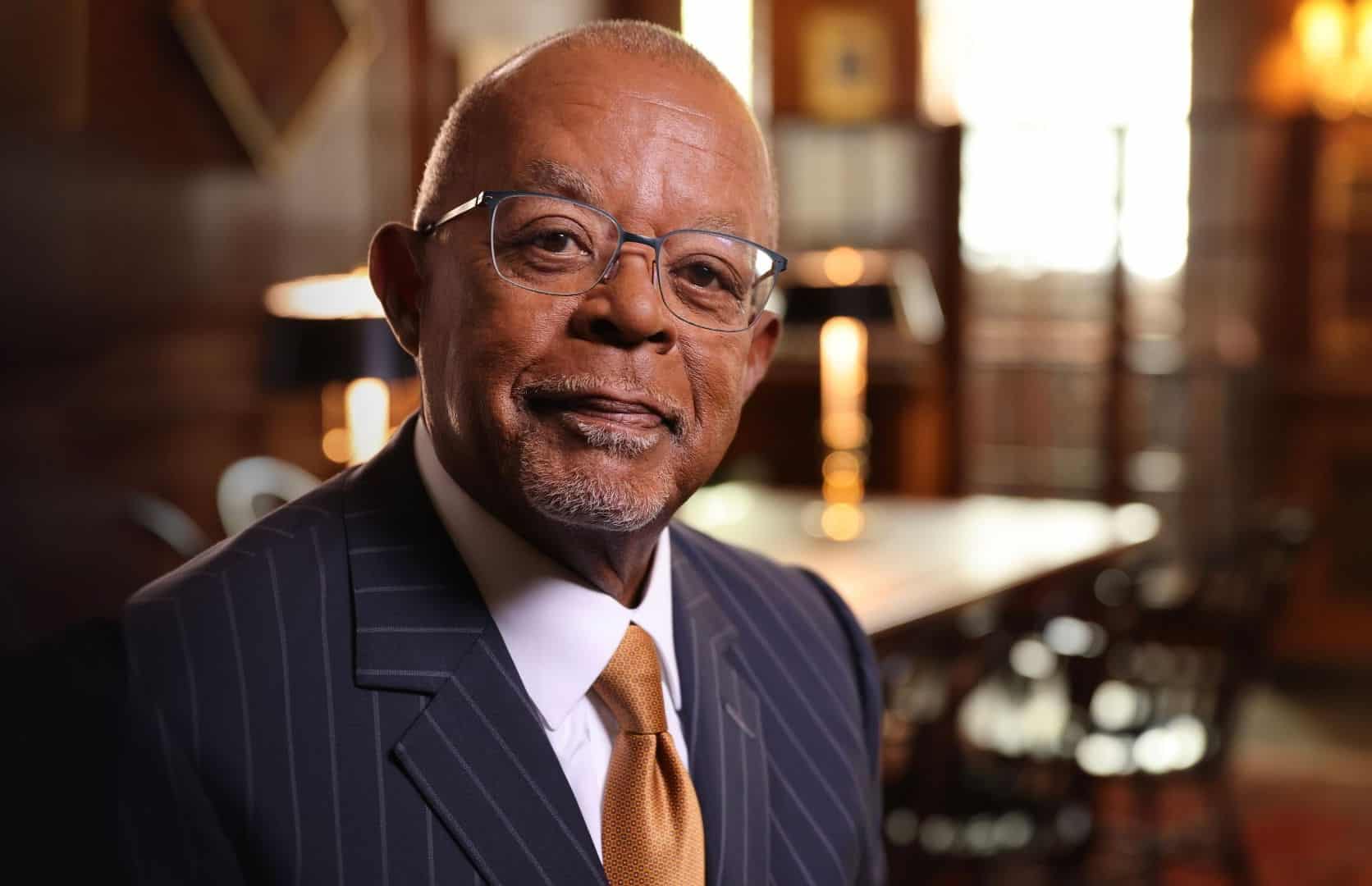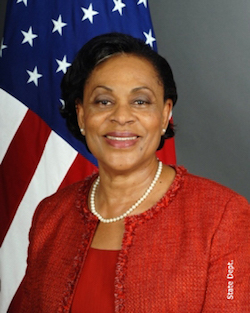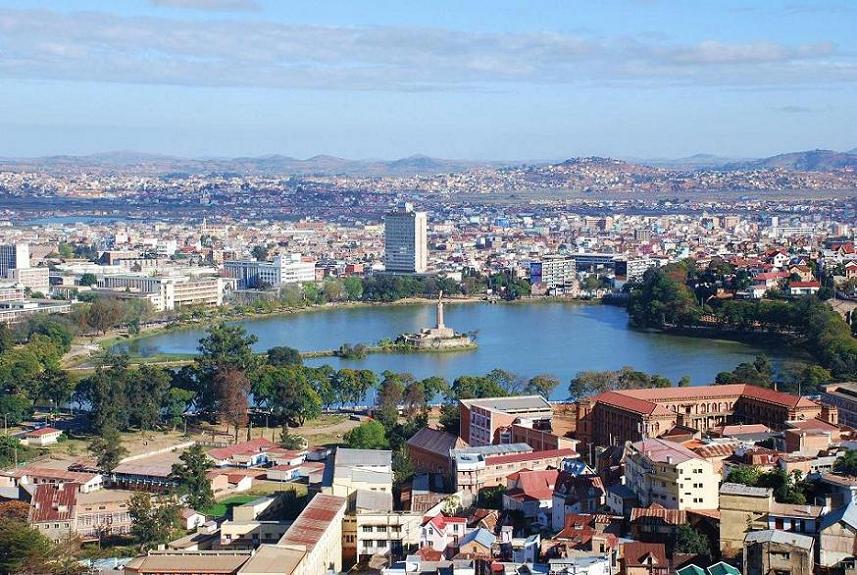Mabel Fairbanks, known as the Grand Dame of African American figure skaters, was born on November 14, 1915, in Jacksonville, Florida. She was the 11th of 14 siblings. Her father was African American, and her mother had a Seminole background as well as English ancestry. When Fairbanks was just eight years old, her mother died, leaving her orphaned. She then lived with an unkind teacher, who forced her to perform maid-like duties in her home. Eventually, she found a more supportive environment with her brother and his wife in Harlem, New York. She worked for them at their fish market on 8th Avenue and later became a live-in babysitter for a wealthy family with a view of Central Park. It was from the window, gazing out at the frozen lake in Central Park, that her fascination with figure skating began. She bought her first pair of ice skates at a pawn shop for a dollar and taught herself how to skate.
Between 1925 and 1928, Fairbanks faced challenges as an African American skater. Despite reservations, she was allowed to practice at Gay Blades, an ice rink located at Broadway and 52nd Street. However, white coaches refused to work with Black athletes. Undeterred, Fairbanks eavesdropped on their lessons and practiced the techniques that the coaches shared with their white skaters. She was sometimes offered the opportunity to practice after hours at various rinks. Eventually local event promoter, Wally Hunter whom she called Uncle Wally, became her manager. Hunter, who worked in an ice cream factory, ingeniously created a 6-foot by 6-foot makeshift ice rink in her apartment using dry ice for her practice.
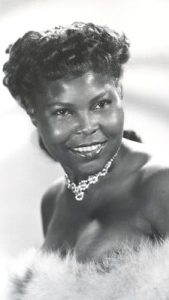
Mabel Fairbanks (Wikipedia)
During the Jim Crow era of the 1930s, Fairbanks experienced discrimination that prevented her from competing in national events. However, in the 1940s, she found her platform by performing in Uncle Wally’s ice revues in New York City, entertaining Black and interracial audiences. She also appeared at the Renaissance Ballroom, the Brooklyn Academy of Music, and Harlem’s Apollo Theater.
In 1946, Fairbanks moved to Los Angeles, California. There, she reached new heights as a featured performer with Hollywood on Ice, Ice Follies, and Rhythm on Ice. She toured internationally with Ice Capades in Mexico, showcasing her talent to audiences around the world.
After retiring in 1948, Fairbanks became a skating coach. Her coaching impacted the careers of many figure skaters, both in singles and pairs. Notable athletes she coached included Tai Reina Babilonia, a World Champion and two-time Olympian, and Debi Thomas, a two-time U.S. champion who won the world title in 1986 and earned a bronze medal at the 1988 Olympics. Atoy Wilson, the first Black skater to win a U.S. title, also thrived under Fairbanks’ guidance, securing the novice championship in 1965. In 1997, Fairbanks made history by becoming the first African American inducted into the U.S. Figure Skating Hall of Fame. She was further recognized when she was inducted into the International Women’s Sports Hall of Fame in October 2001.
Mabel Fairbanks died on September 29, 2001, due to complications from leukemia in Burbank, California. She was 85 years old.

